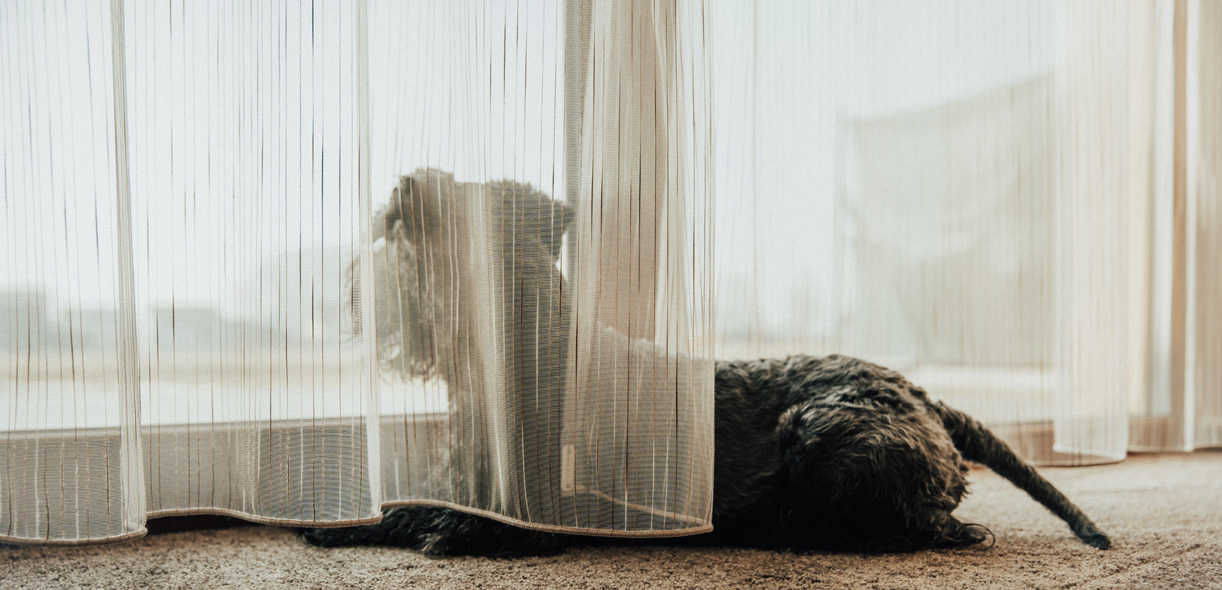He sits in the window staring at you when you leave the house in the morning. Heâs back, at the same window, in the evening when you get home. In the afternoon, heâs there to watch the school bus arrive at exactly the right time. But weâre told that dogs âarenât conscious of timeâ. If this was the case, how come they seem so punctual?

According to a study discussed in Moderndog, your dogâs punctuality is rooted in his or her circadian clock. This internal clock, which runs on a 24-hour cycle, is regulated by factors including luminosity, the householdâs routines and the animalâs hormonal fluctuations. In people, itâs the same clock that wakes us up early on the weekends (when we would probably have preferred to sleep in) and makes our stomachs rumble at more or less noon every day. Your dogâs concept of time is mostly grounded in your daily routines, which are a lot more predictable than you might think.
Aside from his circadian clock, Fido is also equipped with some other notions of time. According to a study by the researchers at the Swedish University of Agricultural Sciences, there is a correlation between the intensity of a dogâs greeting of their owner and the duration of time the dog was left alone. On greeting their owners, dogsâ tail movements were larger, pulse more accelerated, and lip licking greater, when they were left alone for 2 hours compared to 30 minutes. Lest we forget ⦠in our absence, thatâs what a dog does: waits.

Does this mean that your dog is conscious of passing time? Not exactly. According to the same study, itâs clear that Fido is affected by our departure. However, researchers canât tell if he is truly conscious of being alone during our absence. He may, in fact, understand that he is alone up until the moment ⦠we return.
Whatever your dogâs understanding of time: letâs admit it, few people have such an enthusiastic home greeting as those who live with a dog!
